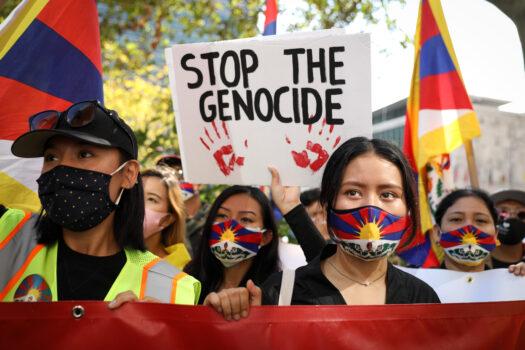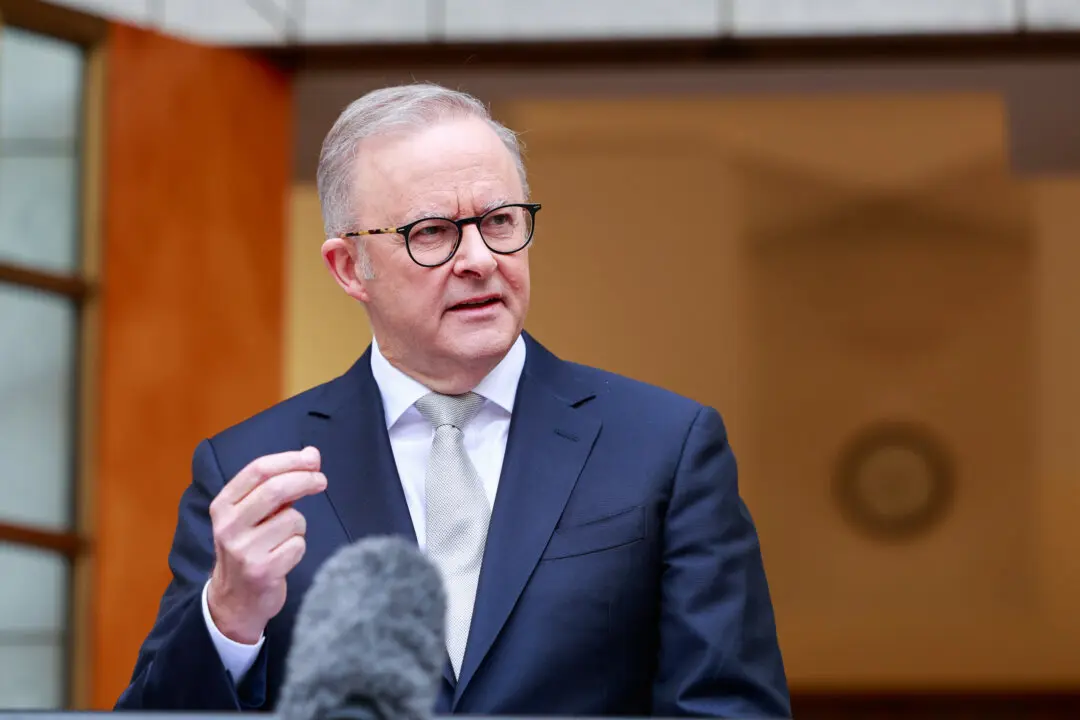Beijing has reported the Australian government to the United Nations Human Rights Council (UNHRC), claiming it is “deeply concerned” by Australia’s use of offshore detention centres for asylum seekers.
On Friday, Beijing issued a statement to the UNHRC alleging that Australia’s offshore detention centres failed to provide “adequate medical conditions” to detainees and their human rights were being violated.
“We urge Australia to immediately close down all offshore detention centres and take concrete steps to protect the rights of immigrants, refugees, and asylum seekers, especially children,” the statement read, according to Reuters.
Beijing also called on Australia to carry out “comprehensive and fair investigations” into alleged war crimes committed by Australian Defence Force personnel in Afghanistan in 2005.
Australia will be expected to respond to the complaint.
The complaint comes despite the recent Newlines Institute report concluding that the Chinese Communist Party (CCP) was committing widespread atrocities in an effort to “eradicate” the Uyghur population.
One finding from the report revealed that CCP authorities “systematically target Uyghurs of childbearing years,” as well as community leaders, for detention. The report described the conditions as “unliveable” and that CCP authorities imposed birth-prevention measures on Uyghur women, separated Uyghur children from their parents, and transferred Uyghurs on a mass scale into forced hard labor schemes “in a manner that parallels the mass internment.”

However, the Biden administration in February announced the United States would work to re-enter the UNHRC.
In the meantime, the complaint by Beijing over Australia’s detention centres comes as bilateral relations continue to sour.
Beijing changed tact late last year and began deploying its diplomatic representatives and propaganda mouthpiece The Global Times to target sensitive Australian issues.
Meanwhile, Australia has refused to engage in tit-for-tat diplomacy and has instead focused on shoring up its national security and diversifying its trade relationships away from China.





